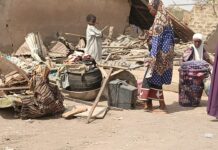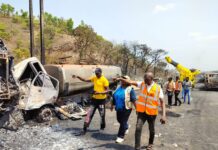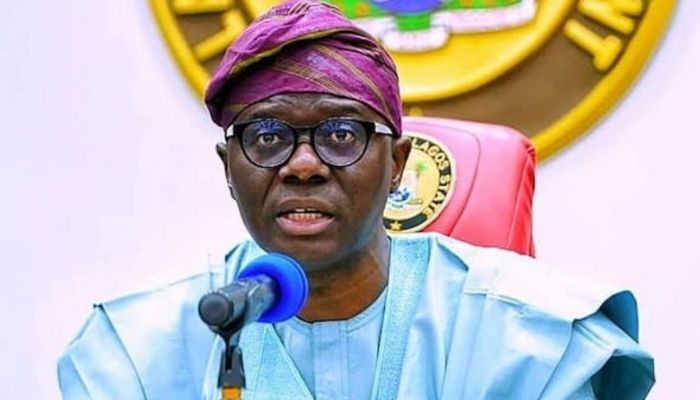Dr Felix Ale, Head, Media and Corporation Communication of the National Space Research and Development Agency (NASRDA), says the success story of agency in space technology is a model for other developing countries to emulate.
He said this in a paper he presented at the 2nd International Conference of Science Communication and Development in Africa in Abuja.
Ale, who spoke on “Space Technology- Unveiling the Catalytic Role of the Press and Its Potentials to Mankind’’, said other developing countries should emulate the success story of Nigeria to achieve sustainable development.
He said the path charted and the success story recorded by Nigerian Space agency should be an encouragement for developing nations intending peaceful use of space technology for socio economic benefits to do so.
“Nigeria success story in Space Science and Technology, despite negative perceptions that space science is reserved for developed nations, is quite inspiring and commendable.
“The great milestone recorded by the Nigerian Space Agency, in view of its numerous achievements and challenges, are clear indications that the country is fully on course in the actualisation of the noble goals.
“It is an indication that the nation is on course to achieve the goals and objectives of its space programme for the progress of our dear country and overall benefits of our people,’’ the official said.
Ale said the campus of the agency, its capacity building strategies and its various images across the globe spoke volume of the impeccable record of NASRDA since its establishment.
“There is no gainsaying that the fact that the involvement of the Agency in international collaboration and cooperation in space and technology is contributing to global affairs.
“Space and technology, such as disaster monitoring constellation, further reveals that developing countries like Nigeria are also contributing to strategic global affairs,” he said.
Ale said that the Nigerian Space Agenda was real and indeed a noble goal and a new song in the country.
“Nigeria should not only join in singing this song, through collective supports, but new song should be seen as a good story to tell about Nigeria and Africa in our strategic approach for development.
“The noble accounts of NASRDA is not only witnessing a great revolution in the space and science sector but through its glorious accounts and efforts, Nigeria is currently entangled in international space romance and politics.
“The country remains determined to pull down barriers that threaten to restrain its quest and aspiration for socio-economic development, through space applications.”
He said space exploration and exploitation had become factors and pre-requisites for meeting the challenges of sustainable development for any developing nation.
“This is determined by the nation’s ability to manage its resources and monitor the environmental status, and its variations in the domain of time and space.
“Hence, the key objectives and focus of the national space policy and programmes of Nigeria are part of the overall strategies for sustainable national development.’’
According to him, Nigeria’s venture into space is not a mere adventure or coincidence, but in pursuit of new strategies and solutions to human problems.
Ale said that venturing into space, such as management of resources, environment and social lives would enhance the quality of life of the people.
“It is indeed a deliberate effort on the part of the Federal Government of Nigeria to tackle numerous socio-economic problems facing the nation through the application of space science and technology.’’
200 participants comprising scholars, policymakers, scientists, communication specialists, and legislators, across Africa, attended the conference.
The conference, organised by the Nasarawa State University, Keffi and the University of Makerere, Kampala, Uganda which started on Thursday ended on Saturday with sightseeing of important places of interest in FCT.
The theme of 3-day conference is the “Humanising Science- Optimising Innovation and Communication for Development in Africa. (NAN)



